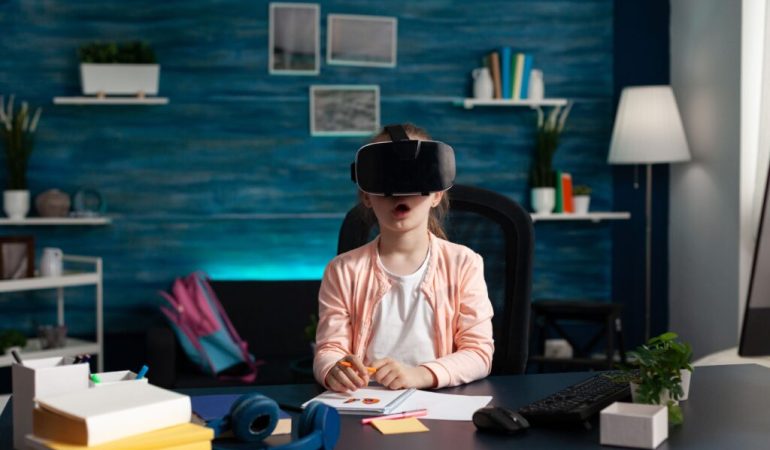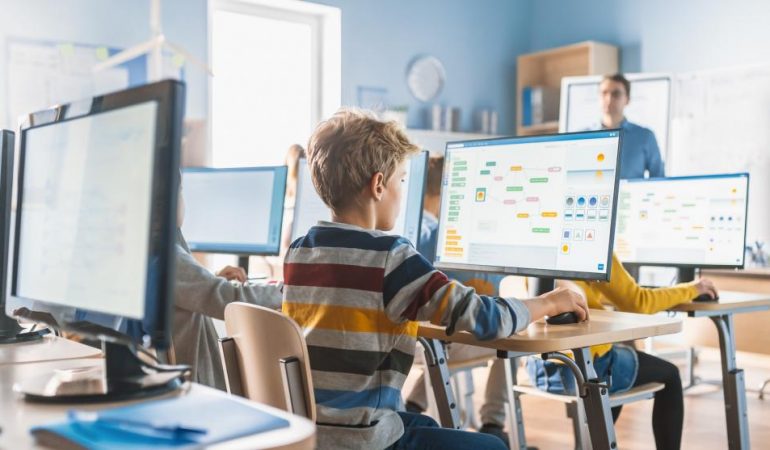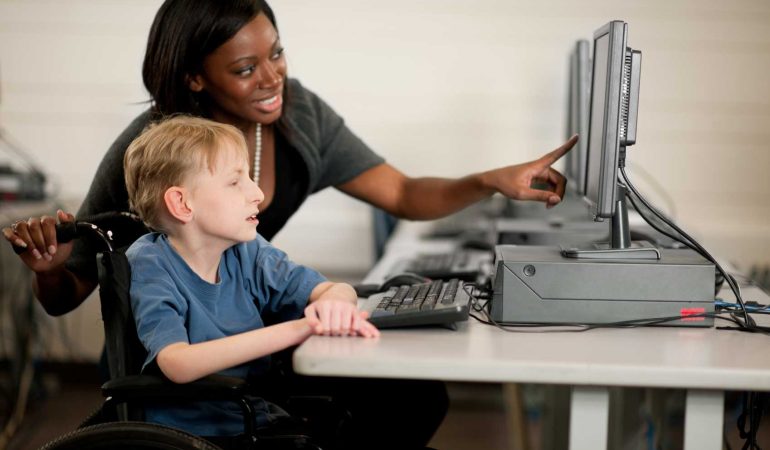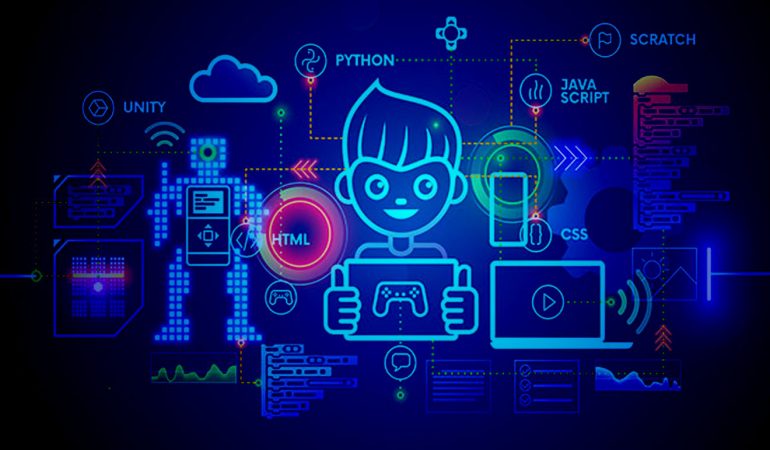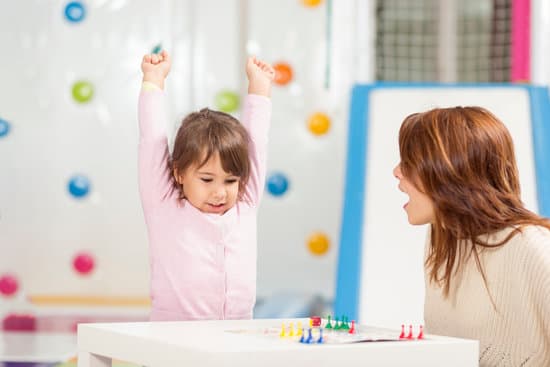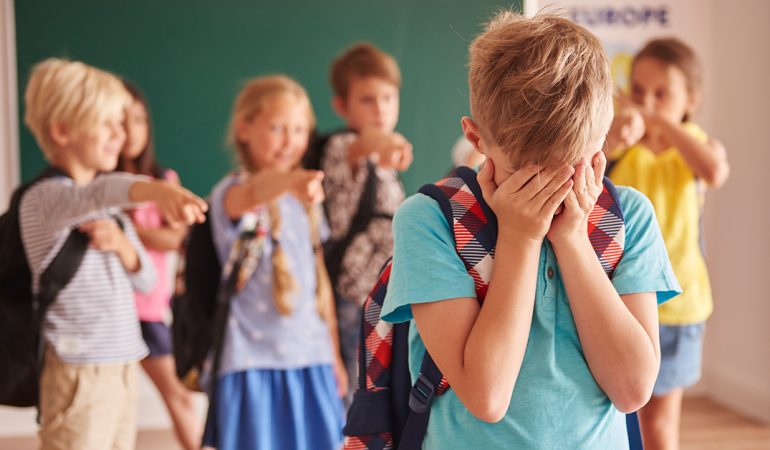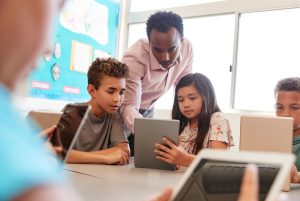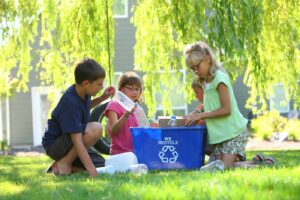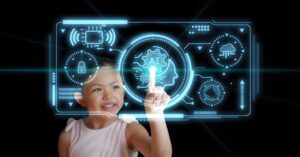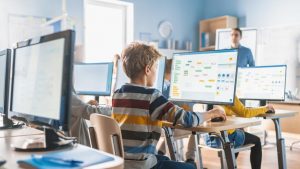Blended Learning and Education for the Future
The Blended Learning and Education for the Future Course is an educational program that focuses on the future of education trends and hybrid learning approaches. The course teaches teachers how to use the hybrid learning model, which combines technology and face-to-face teaching to provide students with the best possible learning experience.
The course also aims to equip teachers with the necessary skills to prepare for future education models by addressing future education trends such as personalized learning, digital education tools, and updated learning.
This course offers educators high-quality educational materials, learning opportunities, and collaboration opportunities. Throughout the course, teachers will work together to develop learning materials, discuss hybrid learning and future education trends, and have the opportunity to practice.
The Blended Learning and Education for the Future Course is designed to provide teachers with the skills they need to provide their students with the best possible learning experiences. Through this course, educators can contribute to their students’ future success by providing them with appropriate and effective learning experiences.


